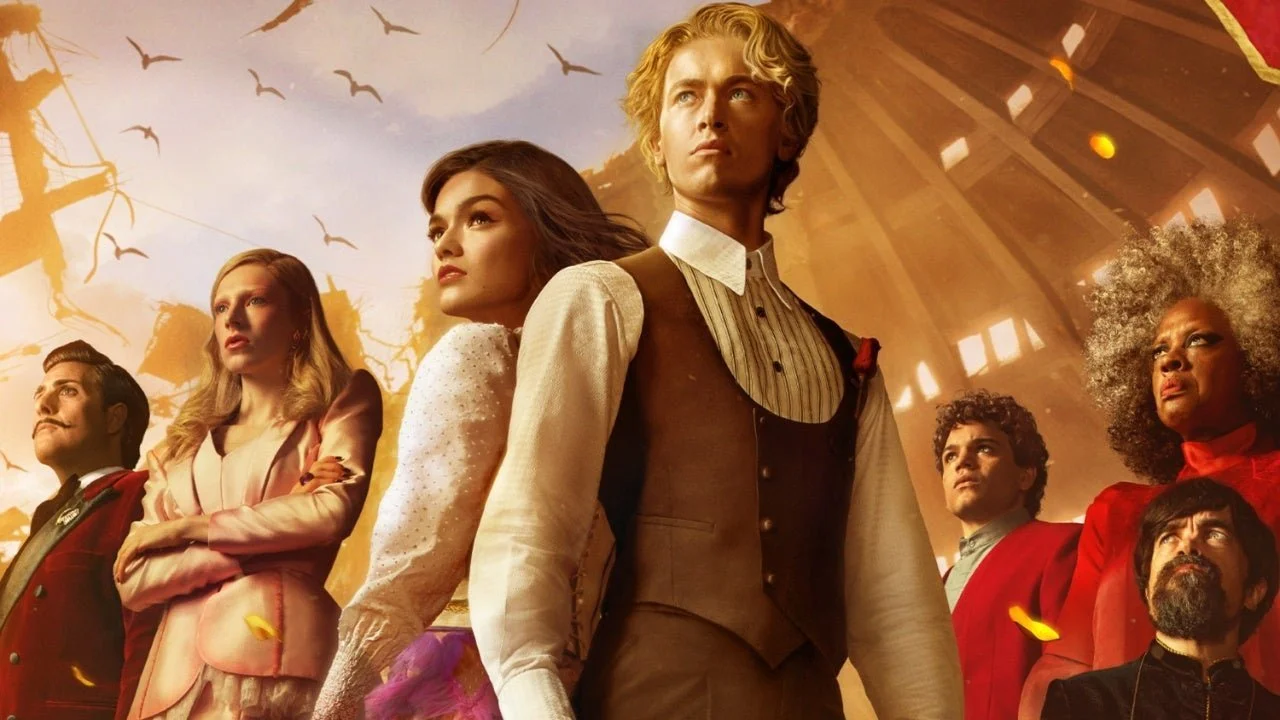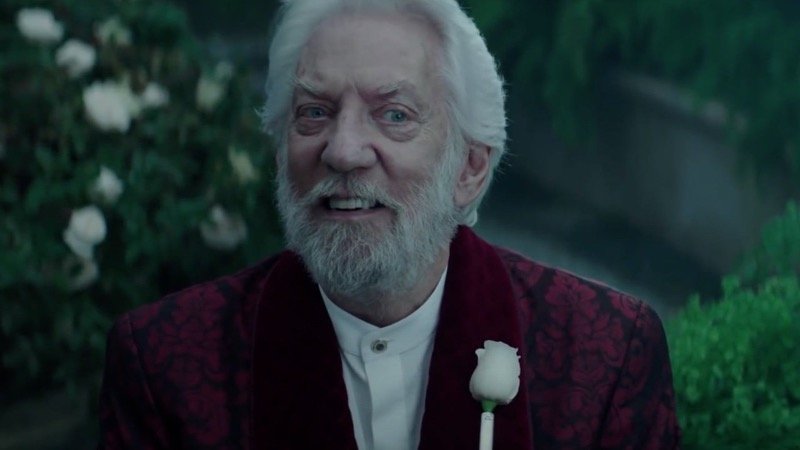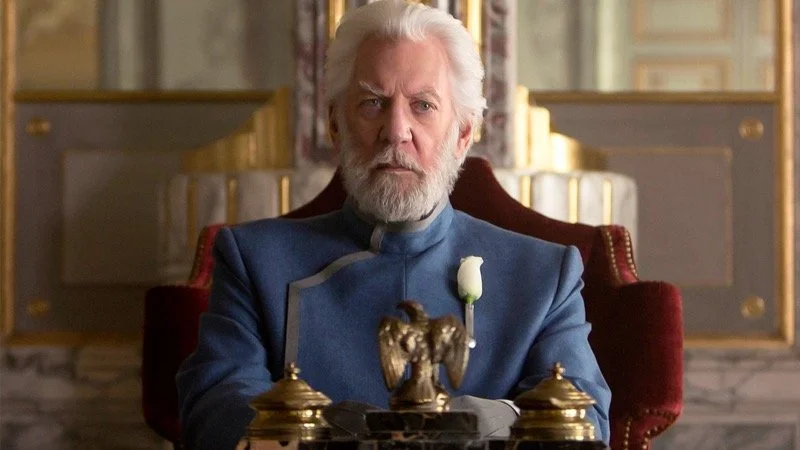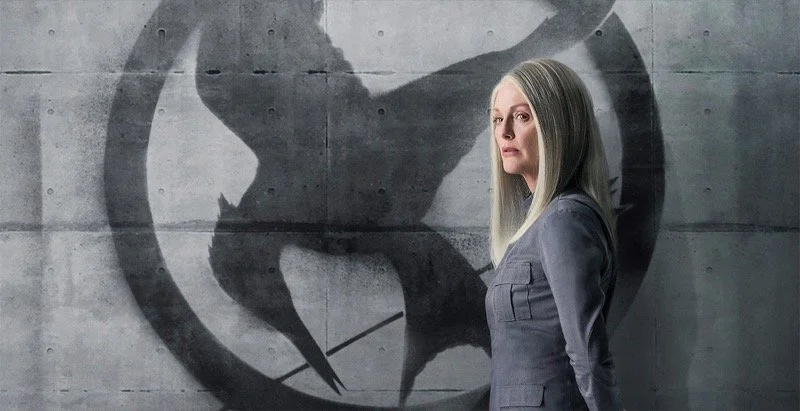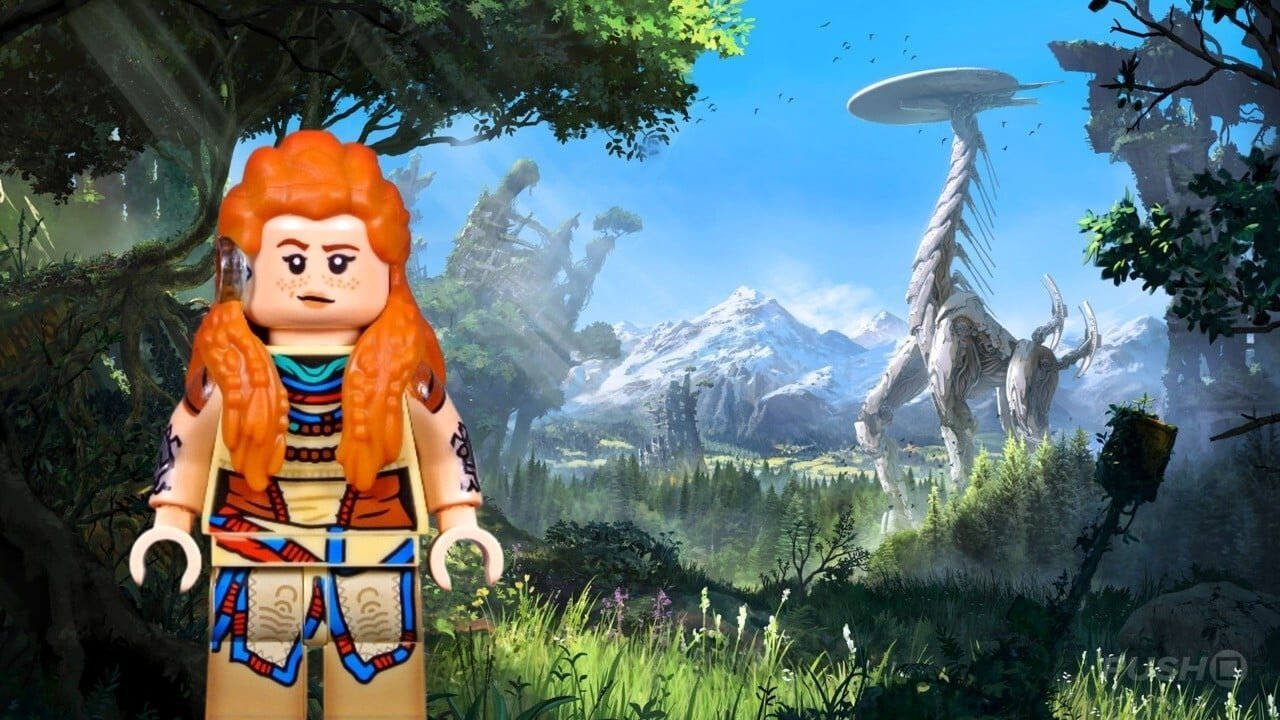'The Hunger Games': Snow Or Coin, Who Was More Evil?
Image Source: UCSDGuardian
One of the best parts of the original The Hunger Games series was the villains. The threatening, chilling President Snow was a worthy villain for the cold, calculating President Coin, with Katniss Everdeen and her loved ones caught in the middle.
But which one is worse? Snow didn’t start the Hunger Games, but he made them into what they were by the time of the Games that Katniss is a part of. The prequel novel, The Ballad of Songbirds and Snakes, showed that the games were dying out, but Snow and his ideas brought the Games back to a state even more popular than before. Coin wants to beat Snow and take over, and will do anything and everything to make sure that happens.
RELATED:
Now, let’s be clear here: just because one might not be "as evil” that doesn’t mean that the other one isn’t all that bad. These are arguably the two worst people in all of Panem, and they thankfully both get what they deserve. It’s just interesting to see who might be worse.
Spoilers for The Hunger Games trilogy and The Ballad of Songbirds and Snakes. Also, keep in mind that this was written by someone who read (listened to) the books and saw all five films.
Let’s start with Snow, played in the films to absolute perfection by Donald Sutherland. He constantly smells of blood and roses, perfectly representing his combination of menace and class. He has no problem killing anybody who gets in his way, no matter who it is. The closest thing he has to a friend might compromise him. He’ll die at the hanging tree calling for his mother. There’s a hospital that’s an easy target? Level it. Try to break their spirits. The opposing army is in the Capitol? Set horrific traps that will ensure that their soldiers die horribly. Then there are the Games themselves. In Songbirds, they’re just a means to an end. He’ll use a tribute that he sees as less than human as a possible way to get money.
Image Source: CinemaBlend
Throughout the series, especially in Songbirds, one question is repeatedly brought up: what are the Hunger Games for? What’s the reason for sending twenty-four children to fight and die in an arena? The usual answer is “as punishment for losing the rebellion” but for Snow, it’s a little deeper than that. It’s not just punishment, it’s suffering. It’s his way of reminding the twelve districts, “I control you in every way. If I wanted to, I could snuff you out in a second.” Beyond that, he uses the Games as entertainment, like one would a major sports championship. Songbirds reveals that it was his idea to bet on the Games and sponsors for the tributes.
Before he came along, the Games were twenty-four kids dumped in a cage at the zoo, then put into a mostly barren arena until only one was left while a few people from the Capitol watched. Again, by the time he was a mentor, the Games were dying out. If it weren’t for him, it’s quite possible that the Games would have only lasted a few more years, with some semblance of a bit of possible healing between the districts and capitol, depending on who was in charge. That would never happen with Snow. He wanted the districts to suffer for the rest of time, and for the Capitol to enjoy watching every minute of it.
Image Source: LozierInstitute
So we have him. A man who wants to make people suffer for entertainment, and is willing to do anything to get what he wants, up to and including child murder. Now we need to look at the other side of the… coin.
Ha. Ha. Ha.
Julianne Moore plays President Coin in the movies and… she does the best with what she has. It’s not bad, it’s just… not quite the Coin of the book.
But let’s put all of that aside. What is she like? She’s extremely rigid and calculated. Every word, every action, every facial expression, it all has a purpose. She never does anything without a reason. On the whole, this is obviously not a bad thing, but like Snow, she’s willing to do anything to get what she wants. And what does she ultimately want? The same thing as Snow: control of Panem and everybody in it.
At first, she doesn’t seem all that bad. Yes, she’s cold and not a particularly pleasant person to be around, but she’s also the leader that District 13 needed after it went completely underground. Through her efforts, nothing is wasted, and everybody is relatively well-fed and taken care of.
Then the war starts, and her desire for power is fully manifested.
Image Source: IGN
Again, Coin was the president that 13 needed, but how much of that was Coin making sacrifices to lead her people to the best life possible, and how much of it was an excuse on her part to grab as much power as she could, controlling every minute detail of the people’s lives while she built more and more military power for her to take over the rest of the country? It’s not a huge stretch to imagine that it was far more of the latter.
People aren’t people to her. They’re tools, and they each have their specific uses. Once they’ve outlived those uses, it doesn’t matter to her whether or not they live or die. Katniss is a perfect example of this. When Katniss had great value as The Mockingjay, she did what she could to use that to its full potential. Once Katniss had outlived that usefulness, she didn’t matter. If Katniss was killed horribly by a Capitol trap, all the better. Now she can’t take any power from Coin, and she can use that death as more propaganda.
Now, very little of this is flat-out evil, especially in the same way as Snow. She could probably run 13 as an open dictatorship if she wanted to, and if she thought it would help her goals, she would, but each citizen was taken care of.
But then she gets to the end of the war, and we start to see true evil. She has moments during the war where she’s not exactly nice, such as when she’s willing to kill everybody in District 2 as long as it helps topple the Capitol. Then it becomes clear that she’s won. After all of the blood, all of the death, all of the destruction, she’s achieved all of her goals…
Image Source: Bookstacked
But she still doesn’t stop.
Her great moment of evil is when she bombs the Capitol children that Snow was using as human shields with a small bomb that doesn’t kill most of them, then hits them with a larger bomb once all of the medics have run into the carnage. Why? She’d won, and as Snow himself said, he was about to issue the order of surrender while she did it, and Coin probably knew that. She did it because it made her side look good on TV. She saw a group of children, alone, scared, and she slaughtered them all plus the people who were trying to help them because it made an opponent she knew she’d already beaten look worse.
But she still wasn’t done. Once the war was truly over, she held a council where she proposed the continuation of the Hunger Games, this time with the Capitol children. She said that it would only be one final Games, but there was no chance that she was telling the truth. The districts have to endure over seventy years of the Games, but the Capitol children only have to endure one? That’s not fair. No, the Games were going to go on as long as she was in charge, probably with as much brutality as she could manage.
So what’s the ultimate conclusion? We have two sides of the same coin (her name was deliberate) who have similar goals, but differing ways to achieve them. They wanted total control of Panem and every man, woman, and child living in it. Coin never got the opportunity to use the Hunger Games as a punishment tool, though she doubtlessly would have if given the chance. She probably wouldn’t have made them the spectacle that Snow did, though. Snow had no problem using innocent people as human shields, but Coin had no problem pulling the trigger if it meant she could hit the person behind the human shield. As Snow told Katniss: “We both know I’m not above killing children, but I’m never wasteful.”
So it really comes down to your own interpretations and opinions. Both are undeniably horrible people, and it’s good that by the end of the books, neither of them has the opportunity to hurt anybody else. Either way, they’re both fascinating, well-written characters.
READ NEXT:
By Tommy Durbin
Hello, World!

